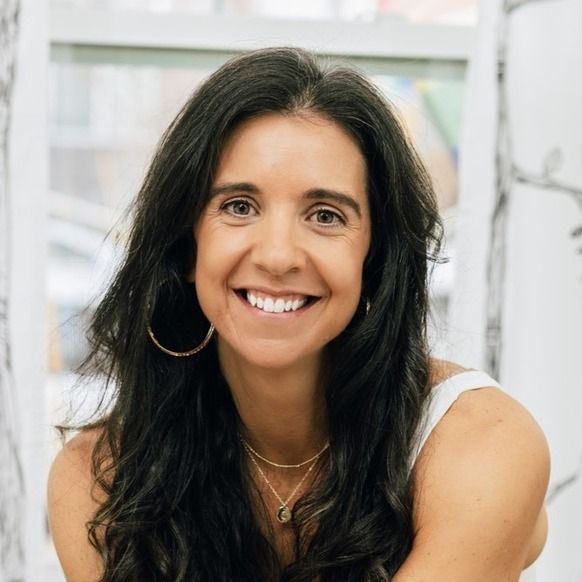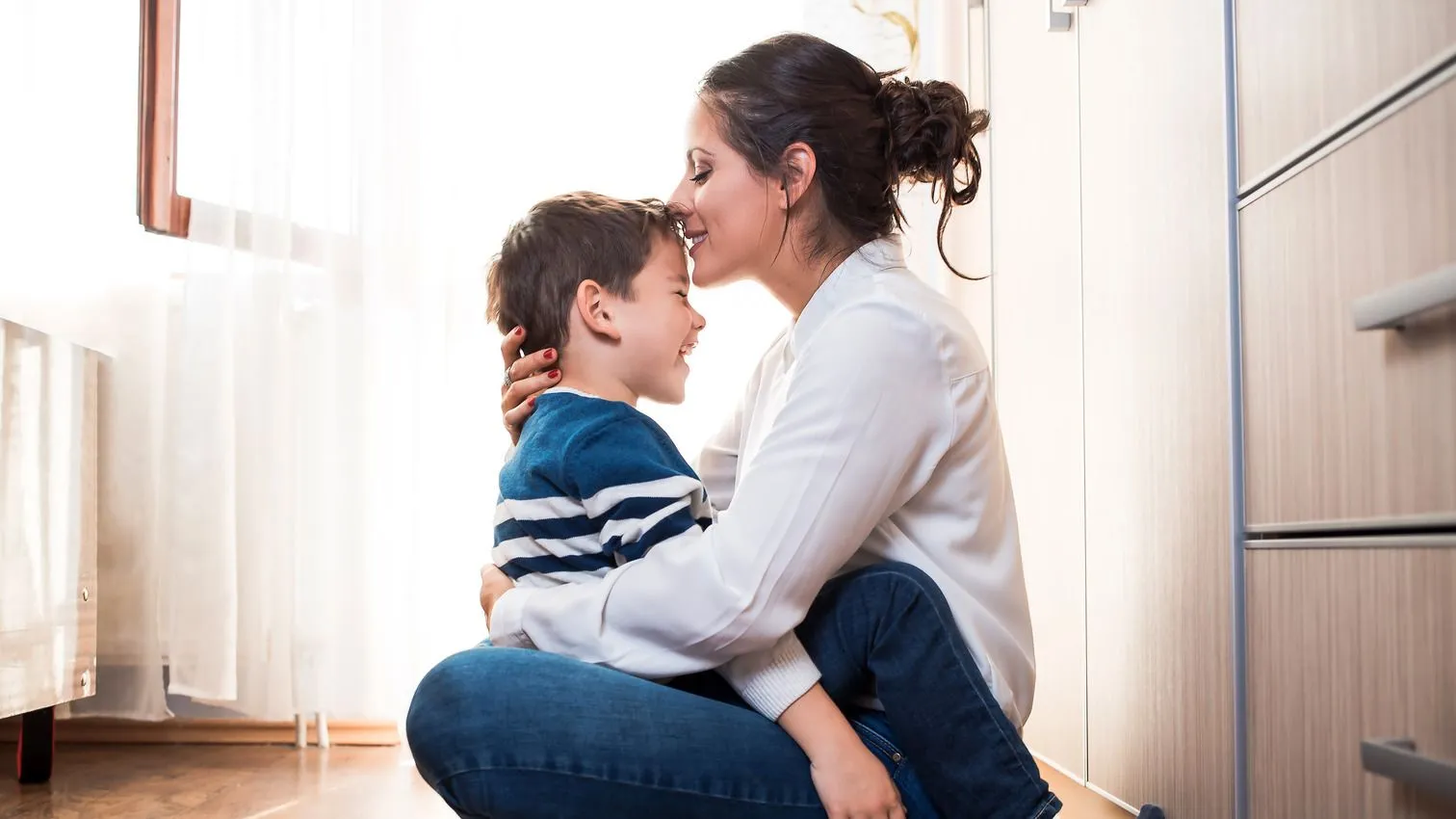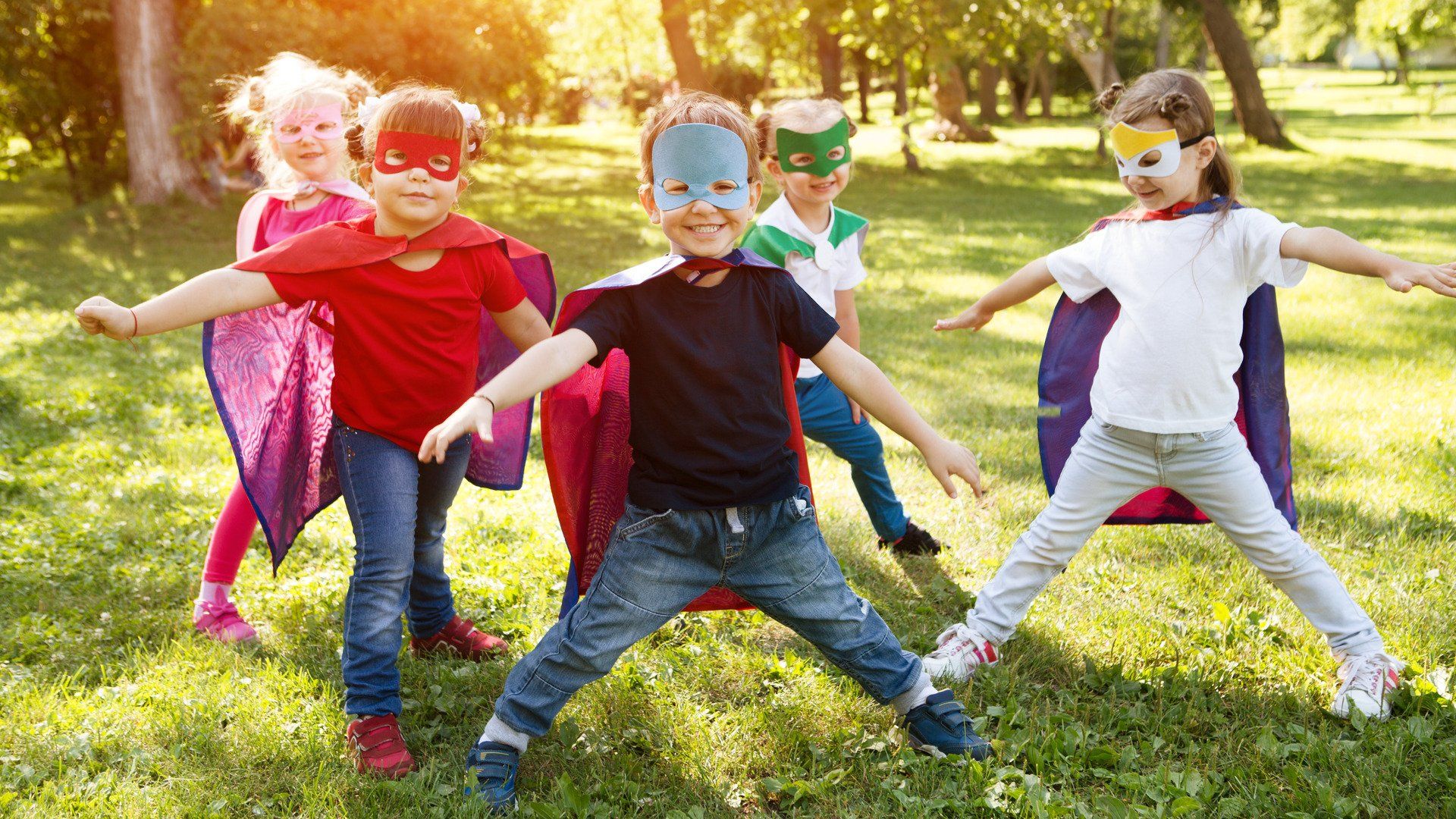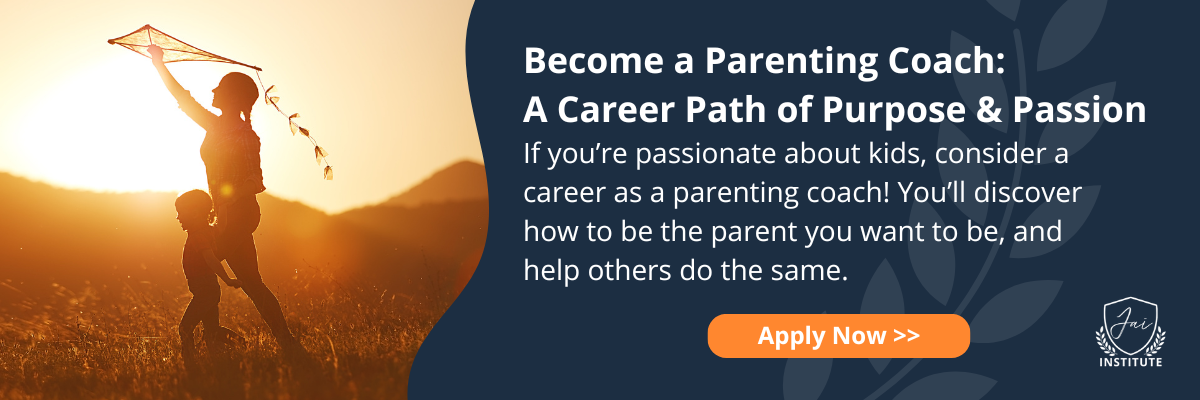A Parent Coach’s Three Key Takeaways From the Day Her Child Got Lost at Disneyland

I’m a parent coach, and I lost track of my child at Disneyland. Here are the lessons I want every parent to take away from my experience.
For all of you anxious types out there, I’ll start by saying this – I found him. Four LONG minutes later, we were reunited. But let me be the first to say it was a looooong four minutes. I’m going to begin by setting the scene. We were a group of 12 that day, including six kiddos between the ages of 3-10. It was around 3:30 in the afternoon (3:21, to be precise). All six kiddos were rushing with me, my sister-in-law, and my mom to find my partner, who was saving a spot for us for the 3:30 pm parade. My partner had called a couple of times to tell me where to go and to ask where I was. At the same time, the main streets were being roped off to setup the parade route. All that to say, there was a lot going on at that moment.
As we maneuvered across multiple walkways, we found my partner, and I turned around to unclip the picnic blanket from my backpack. I turned back around to lay the blanket out and did my usual “headcount.” Only this time, I knew in an instant that we were one short. Jack was nowhere to be found.
Even as I type these words, I feel my heart racing. I feel a lump in the back of my throat, and my eyes are tearing up. I pause to put my hand over my heart and repeat to myself, “You are a good mom who made a mistake. It makes sense that you felt scared. This is your body remembering what happened. You and Jack are both safe now.”
I pause to let the tears flow, realizing that I hadn't yet allowed myself to process what I felt earlier in the day. Taking a deep breath, I feel ready again to keep typing.
Having had the experience that is every parent’s nightmare, here are three of the lessons I learned that day.
Lesson #1: Preparation Matters
We have a very clear plan in our house for what to do if and when one of my kiddos gets separated from me. Namely – my kiddos are supposed to stop, look for a mommy nearby, tell her they’ve been separated from me, and ask her to call me.
My seven- and five-year-old children both have my phone number memorized, and I write my phone number on my three-year-old’s arm when we go places like Disneyland. We also practice, meaning sometimes when we’re in a busy place, I’ll remind them of the plan. We will even practice pointing out who they might stop and ask if they were to get lost.
In fact, not two hours earlier, outside the bathrooms in Adventureland that day, Jack and I had a conversation where I reminded him of the plan, and we watched people pass by for a couple minutes as he pointed out who he might stop and ask if he were to get lost.
Would you like to guess what that incredible five-year-old child did that day when he got separated from me? My shy child looked around and found a mommy-looking person. He bravely tapped her on the leg and told her he had lost his mommy. He told her that he knew my phone number and asked if she would call me. And within four minutes of us getting separated, my phone rang. It was a sweet mama not more than 30 yards away who was standing with Jack while she called the number he asked her to call. I could cry just thinking about it.
Lesson #2: The Circle Back Is Key
Knowing what I know from my work as a parent coach about child development, emotional intelligence, nervous system science, and brain science, I had a pretty good idea of what was going on for Jack in those moments. He was under intense stress. His nervous system was in fight or flight, or even freeze. Depending on how he perceived the event, he may even have been experiencing it as a trauma. Given this, what did I want to be sure to communicate to him? A few things:
- That it made sense that he was scared
- That he did EXACTLY what he should have done
- That he is a good kid, and NONE of this was his fault
- That I love him, am proud of him, and will always be here for him whenever he feels himself having big emotions about what happened that day
- That I’ll keep checking on him
Part of what will cause a child to experience an event as traumatic or not depends on how alone they feel in it. With that in mind, we also went back to that area of the park the next day and Jack told the story of what happened so he could actually rewire the experience with me next to him, physically and psychologically. This is an incredibly healing experience for children to be able to do as they make sense of what happened to them. As they do this, kiddos literally feel less alone in their experience, which can help children avoid experiencing an event as a trauma.
Lesson #3: I am Still a Good Parent
Y’all… I am a parent coach. I literally help parents to be better parents! So, you can imagine after we found Jack that day what was going through my head… It was probably something akin to “What kind of parent LOSES HER CHILD AT DISNEYLAND?! I’m supposed to be a parent COACH… I’m supposed to be modeling good parenting! And I LOST MY CHILD in one of the most crowded places on earth!? How could I be so careless?!”
So, here’s what I did when I noticed those thoughts creeping in. Deep breaths… hand pressed against my chest. These thoughts are my default “first thoughts.” Those of you who’ve followed my work know that one of my favorite concepts is “It’s the second thought that counts.” So, I paused when I noticed those harsh thoughts flooding in. And then I got curious. I asked myself, “Where might these thoughts be coming from?” Well, I clearly had developed a belief that a “good parent” doesn’t lose track of their child.
I also clearly had an old thought that still creeps in from time to time about me being careless. So I asked myself one of my favorite questions, one that I ask clients often: What’s a more generous way to look at this situation? Or said another way, what’s a more generous thought I could access right now?
What we know from Dr. Kristin Neff’s work on self-compassion is that tapping into our sense of common humanity is a key tenet of self-compassion. So, I could start by normalizing: I’m not alone. Good parents also lose track of their kids sometimes. More importantly, I could interrogate that belief about me being careless, “Was I really careless?”
Well, would a careless person go to the lengths that I went to in order to prepare my children for a situation like that? Would a careless parent really practice situations with their child where they walk through what they would do in that situation and point out who they might stop if they were to get lost? Would a careless parent ensure that their five-year-old has her phone number memorized? No, a careless person would not do those things.
So, like the first pancake in a batch, I was able to throw those thoughts out and access much more generous ones. What were some of those more generous thoughts? Here’s where the magic of doing our own work as parents comes into play. The beautiful irony is that those more generous thoughts sound a lot like what I told Jack that day. “You did exactly what you should do in this kind of situation, Chrissy. It made sense that you were scared. Good parents get separated from their kids sometimes. I am proud of you for how you responded. I will always be here to help you work through any emotions you feel about this situation, and I’ll keep checking on you. I love you.”
Meet Your Author, Dr. Chrissy Chard
Dr. Chrissy Chard (she/they) is the founder of Courageous Parents, a Colorado-based parent coaching practice that is heart-centered, values-aligned, and supports parents in raising the next generation of social change agents. Dr. Chard is the director of the Regional Institute for Health and Environmental Leadership’s Advanced Leadership Training Program and co-founder of the non-profit organization Smart Fit Girls, an adolescent girls’ empowerment program.
Apart from spending quality time with her three kiddos and partner, some of their other favorite nervous-system-regulating activities include lifting heavy weights, connecting with friends, cold plunging, going for a walk alone, going to therapy, using fidget toys (#ADHDparent), and dancing solo in her living room. Dr. Chard can be reached at www.courageousparents.com, or at Chrissy@courageousparents.com.
READ MORE:
The Jai Institute for Parenting. All Rights Reserved.












